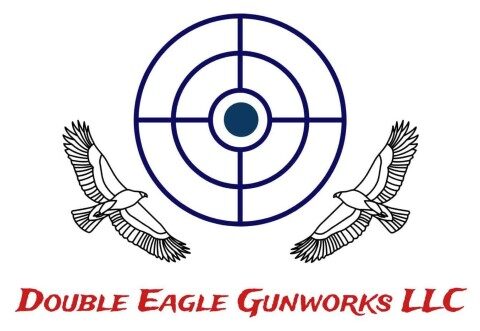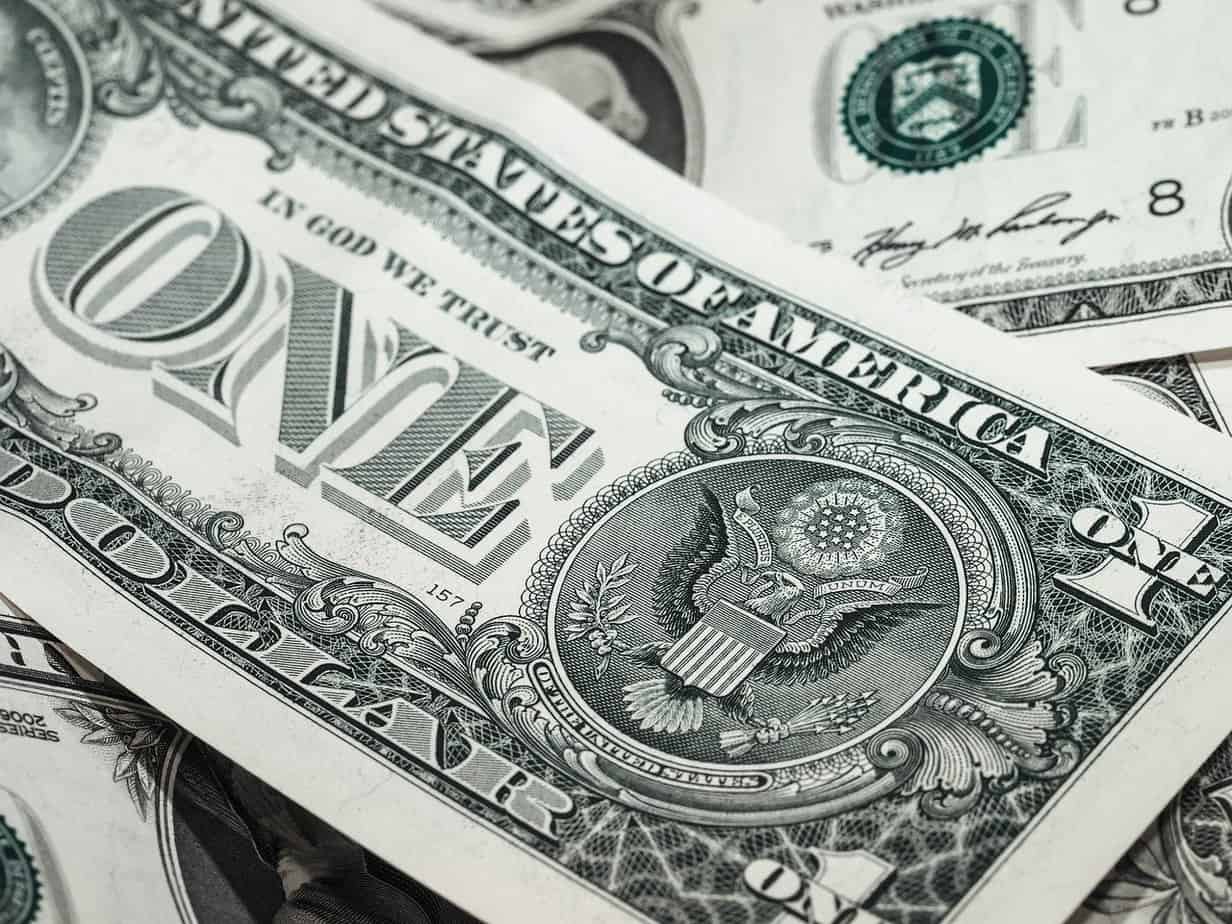Your first gun is like your first car. After you own it a while, you figure out its best and worst features, and you develop preferences. Just like selling a car, transferring your gun can be done in a variety of ways.
- Sell it to a gun shop
- Offer it at a pawn shop
- Sell it online
- Sell it to an individual
- Sell it at a gun show
- Give it to someone
- Bequeath it to your heirs
Each of these methods requires different procedures, which we will cover in detail. Some require the help of a gun dealer with an FFL (Federal Firearms License). There are a few things you should do first.
- Clean your gun
- Assemble your paperwork
- Research the value of your gun
- Assess the condition of the gun and make repairs if needed
Clean Your Gun
Just like a car, it will sell better if it is clean. You should be cleaning it a few times a year anyway, for maintenance.
Assemble Your Paperwork
Try to find the bill of sale from your purchase of the gun. This will remind you where you got it and how much you paid. Have your driver’s license and concealed carry permit on hand for identification purposes (and because you should always have them when driving or carrying a weapon).
Research the Value of Your Gun
Guns vary based on their model, the workmanship, the condition, and the scarcity. Right now guns are hard to find, so you can get a better price for something special that the buyer has been hunting.
I searched for gun prices and found a number of Blue Book type sites that offer a subscription service. You pay them to tell you what your gun is worth. This might be worth the trouble if you are assessing the value of someone’s estate or if your guns are rare and valuable.
Firearms Priceguide is a free online pricing website. I found the gun I am selling on there and the price was in line with what I expected. They give you a rating for fair condition and very good condition.
We shop at a discount store called Ollie’s that has last year’s goods from major retailers. We bought a book called Gun Trader’s Guide for $7.99. Had we bought it the year it came out, it would have been $29.99.
We also found the Standard Catalog of Firearms. We paid $9.99 at Ollie’s but the new price was $42.99. These books are updated annually and available at major bookstores.
You can look at online gun shops to find something similar for an estimate of what your gun might bring. Private sales will give you the highest price because gun shops will have to add a little to the price they gave you in order to make a profit.
Assess the Condition of Your Gun
Make sure the gun is in working order. If it has problems, disclose them to the buyer or get them fixed. I suggest recording what you told the buyer about any problems to minimize liability later. You can find a gunsmith by asking your local gun shop or looking it up online.
If you don’t have a good grasp of the mechanics of a gun, don’t try to fix it yourself. Guns work by causing an explosion in a very small place, and you want that to work correctly every time.
Sell it to a Gun Shop
You can trade in your gun like you trade in your car. The paperwork will be easier, since you probably own the gun outright. The gun shop will appraise your gun and make an offer.
You can sell it to the shop, make a trade-in deal, or have them sell it for you on a consignment basis. Be prepared for consignment to take months before the right buyer walks in the door.
The gun shop may not have to do a background check to buy your gun, but they will record your information to keep in their records. Gun dealers keep an Acquisitions/Dispositions Book.
Anyone with an FFL will be required to get your basic information for their records. They have to be able to tell the ATF where a gun came from if they are audited.
Offer It at A Pawn Shop
You can sell your gun to the pawn shop, or take out a loan in the amount the gun is worth. Your gun is collateral for the loan. You must pay back the loan in the specified time or the gun is theirs in payment.
Pawn shops are FFL dealers and will be required to keep records of the guns they buy and sell.
Sell It Online
You can use online classified gun sales. Armslist is one such site and is organized by state, much like Craigslist. Armslist calls itself a free speech forum and urges you to call the ATF at 1 (800) ATF-GUNS with questions about selling your gun.
The service is free to individuals and costs $25 to $30 a month for FFL dealers. Only write your listing once, in your state only, and use the bump feature if you need to move your listing to the top. After you are paid, have an FFL in your area ship the gun to the buyer’s FFL.
You can sell it at an online auction house such as gunbroker.com. You register for the service, fill out a form, and upload photos of your gun. The auction house emails you when it sells. Their fee is a cut of the price of the gun.
Verify the FFL dealer that the buyer is using, and ship the gun to the FFL dealer after you have been paid. Follow the instruction of the auction house to have your FFL ship the gun according to the laws of your state and the buyer’s state.
Sell It to an Individual
Begin by checking the law in your state to see whether private gun sales are legal. Check the NRA-ILA website to see your state’s gun laws. You may need to go through a firearms dealer.
In some states you may need to perform a background check on the buyer. There are also states that require the buyer to have a Firearms Owner ID card. This may vary by type of gun sold. Handguns and AR-style rifles tend to have more restrictions.
You will need a firearms dealer if the buyer lives in another state, even if you live just across the border from each other.
It is illegal to sell a gun to a felon or someone who is not allowed to own a gun.
Our state of residence, South Carolina, does not require any record keeping for individuals selling guns, but it would not hurt to write down the date, the name of the buyer, the serial number of the gun, and a statement that the buyer is qualified to make a purchase.
Sometimes guns used in a crime are tracked back to a prior owner, and a record of the sale date will help you prove the gun was not in your possession at the time of the crime. You can find an online form to help you record your information. Search “gun bill of sale.”
Sell It at a Gun Show
A gun show is basically a fair centered around guns. You have vendors at long tables and individuals walking around with guns they would like to sell.
If you sell to a vendor at a gun show, that person will be an FFL dealer and will take down your information for record keeping purposes.
If you sell to an individual at a gun show, it will be exactly like selling to that individual in your home or in a parking lot. See your state laws for details.
In South Carolina you just need to make the sale with the belief that the buyer is legally entitled to own a gun, but we recommend keeping records just in case the gun is used in a crime later.
The Bureau of Alcohol Tobacco and Firearms (ATF) regulates gun shows and all other aspects of gun sales. Check their website for specifics on gun show rules.
Give It To Someone
First, review the laws of your state. Your minor child may not qualify to own a gun yet. You can retain your ownership and let the child use the gun, but you may not be able to transfer it into his or her name.
It may seem easier to give the gun to someone than to sell it, but you are still responsible for making sure that person is not a felon or otherwise prohibited from owning a gun.
In some states you can just give your gun to a legally entitled person. In a more left-leaning state you may need to get an FFL to complete a transfer for you and do a background check. If you are giving the gun to someone in another state you will have to use an FFL.
It would be a good idea to get an FFL to make the transfer even if it is not required. Your brother-in-law might be a great guy, but you don’t want to be legally responsible for what happens to the gun you gave him.
Bequeath It to Your Heirs
Just letting someone inherit the gun ought to be easy, right? Well, it is still a firearm, and firearms are heavily regulated in the United States. In some states you need an FFL to help you transfer the gun into the name of the person inheriting it.
What If I Want to Get My Own FFL?
All these rules make it look like you might be spending a lot of time getting help from a firearms dealer. Maybe you would like to become a firearms dealer yourself.
My husband did that, and now we are in business to provide firearms instruction as well as transfer and sales of firearms.
Watch our Double Eagle Gunworks YouTube channel to learn all about firearms.
We are compensated when you use our affiliate links.


